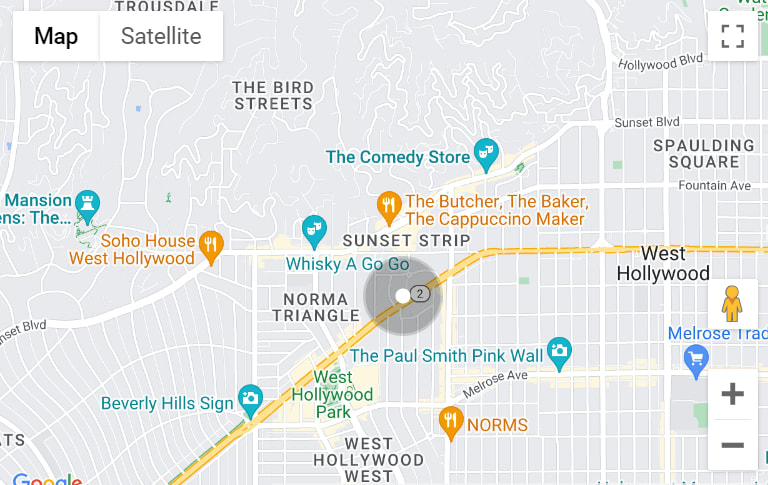Find An Agent
Set up a time to sit down with me to discuss the neighborhoods you’re considering and how I can help guide your search.

Get Pre-Qualified
Before beginning your search, your first step is to get pre-approved for a mortgage loan (unless you will be paying the full price of your home in cash). I can recommend mortgage brokers. Based on your income and credit history, the mortgage broker will determine how much a bank will lend you, which will help determine the price range for your search.

Visit Properties
Now is the time to consider your ideal home’s location and amenities. You will attend viewings and open houses spanning a range of areas and property types. Additionally, we will activate notifications for exclusive Coming Soon and Off-Market properties as they hit the market.

Submit an Offer and Negotiate
Once you identify a home you like, you can put in an offer, which is an agreement to pay a certain price for the home. This offer is packaged with a Proof of Funds (POF) and Pre-Approval Letter. Note: if your offer is lower than the list price or with terms not acceptable to the seller, the seller can return with a counter-offer price or acceptable terms, which you can accept, reject, or make another counter offer. we will provide advice throughout.

Home Inspections
It is the buyer’s duty to select all desired inspections and determine the overall condition of the property within the agreed timeline and contractual contingencies. You will also review the disclosures and preliminary title report. You may approve or negotiate credits/repairs. Prior to closing, remember to schedule a final walk-thru of the property to verify property is still in acceptable condition and any negotiated repairs were done.

Loan and Appraisal
Organize an appraisal with your bank. Your completed mortgage application with all supporting documentation should be submitted to your chosen lender upon receipt of the fully signed Purchase Agreement. The bank then issues loan approval. Consequently, you'll wire the closing funds with the homeowner’s insurance in place, and then the loan will be funded with clearance to close.

Final Walkthrough
A final walkthrough of the property is scheduled and completed just before closing. The walkthrough confirms that no damage has been done to the home since the time of inspection and that the major systems and appliances are in working order.

Closing
Once all the conditions of the contract have been satisfied, the closing is held. The closing documents are signed, payment is exchanged, and you receive the keys to your new home!
